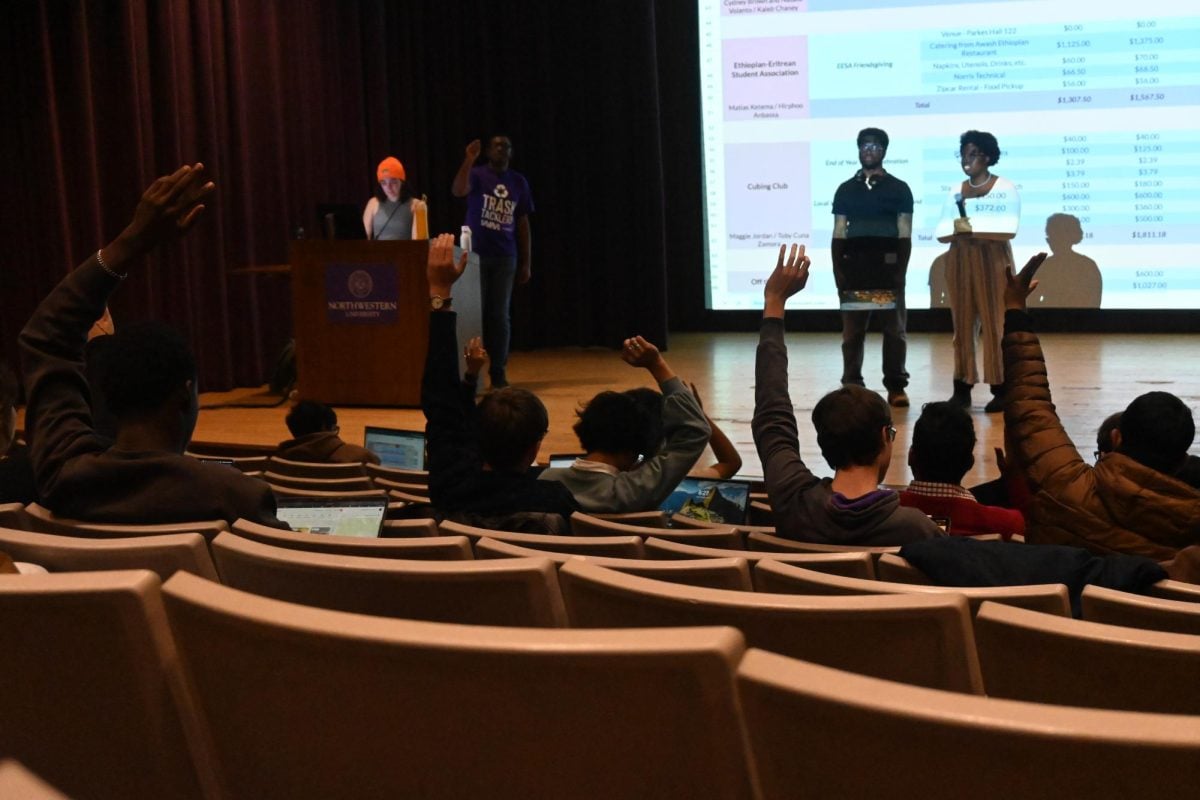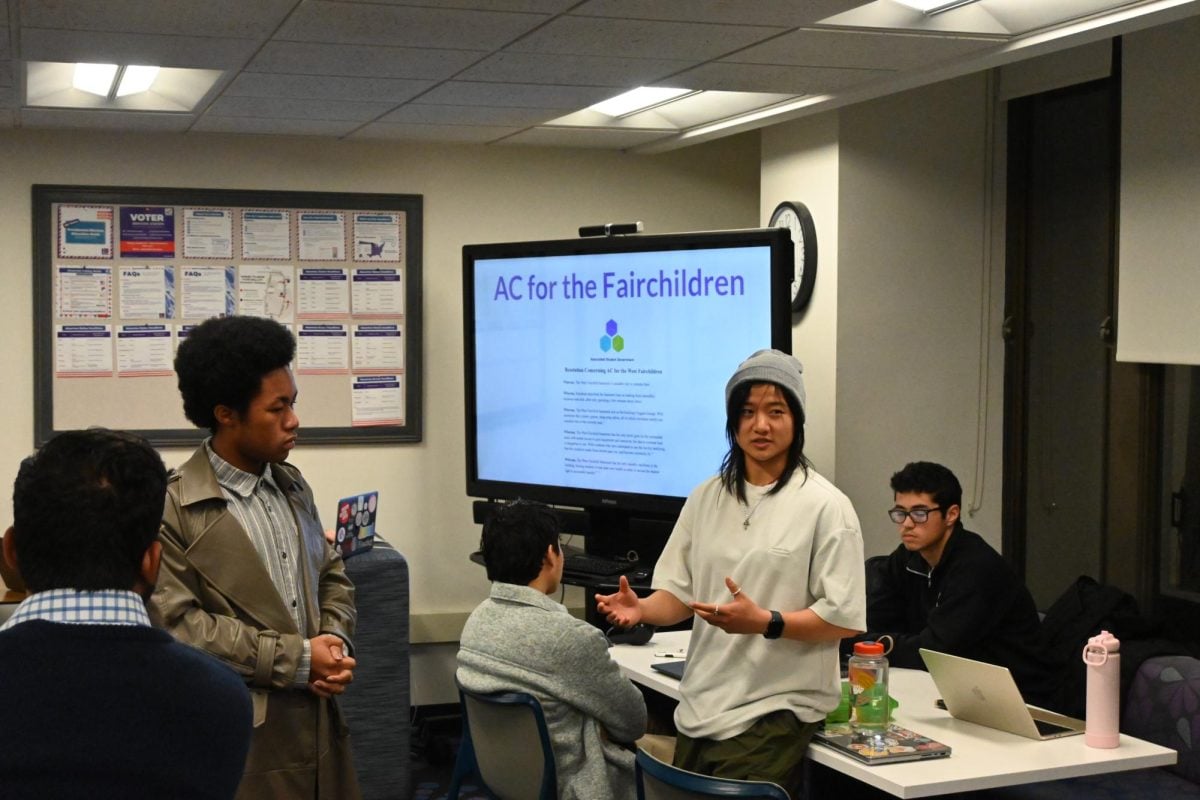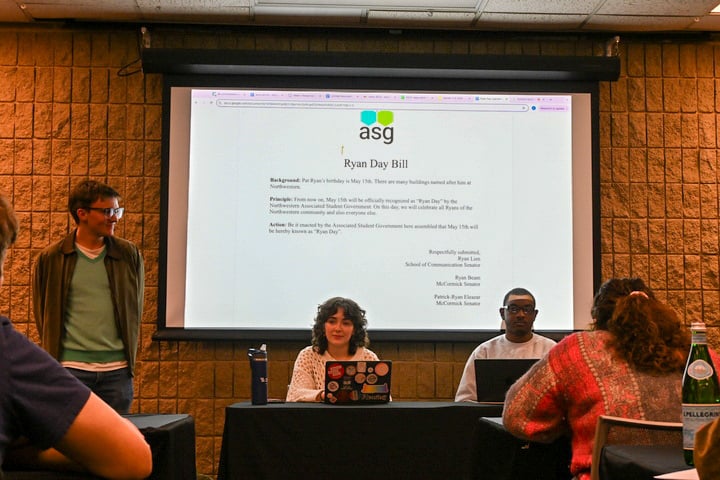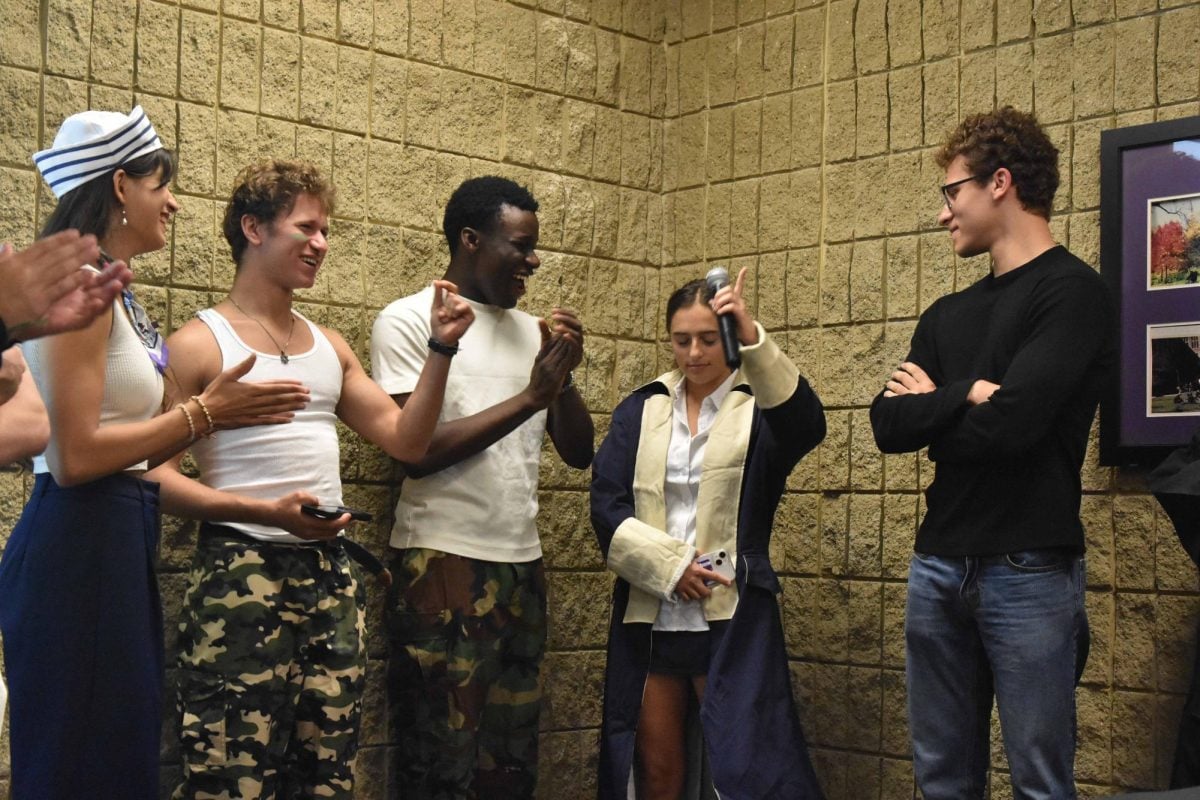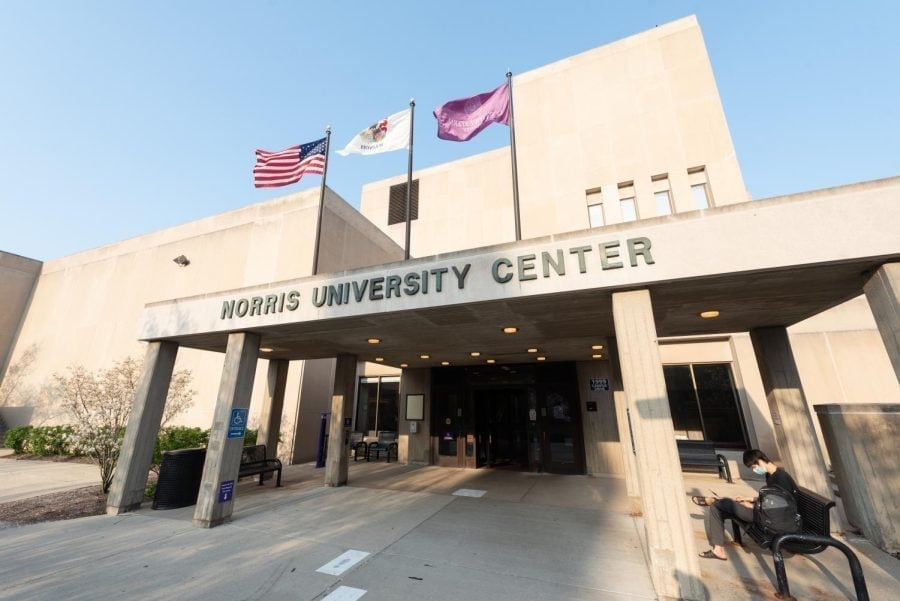On the eve of the Associated Student Government’s 2009 presidential runoff, a viral e-mail changed the course of the election.
The message, which Academic Vice President-elect Muhammad Safdari initially sent to his campaign team, accused presidential hopeful Bill Pulte of numerous campaign violations. Within hours, the e-mail was forwarded to almost every major campus listserv.Pulte, who finished first in the general election, lost narrowly to Mike McGee in the runoff.
In an 11th-hour meeting that spilled into the 12th hour, the ASG Election Commission, a seven-member body appointed by the ASG Senate to oversee campus-wide elections, found Safdari’s allegations to be invalid and attached a statement to the ballot denouncing the e-mail.
“We made that decision because, for any violation they committed, the violations are supposed to be made public,” said Paul David Shrader, Weinberg ’09, then-Election Commission chairman. “I do not know that it was the best decision.”
For Shrader’s successor, Weinberg senior Jeff Cao, it was not the best decision.”What he wanted the commission to do was minimize the impact of the e-mail, and by posting a statement right before everyone votes, that’s just about the worst thing you can do,” said Cao, who was Safdari’s campaign manager in the 2009 race.
Cao said his commission would work to curtail the impact of controversy in this year’s election.
He succeeded. Despite a number of potential campaign violations, this year’s election came and went with little uproar.
“This year, they focused more on trying to alleviate issues,” ASG Vice President Hiro Kawashima said during the race. “It was not about convicting a candidate.”
This attitude, however, may have subdued more than the impact of potential disputes.
PUBLICITY PROBLEMS
Voter turnout in this year’s election decreased 23 percentage points from its 2009 mark, and many ASG officials said the commission failed to adequately promote the race.
Maggie Jim worked on the last three winning presidential teams and served as campaign manager for ASG President Claire Lew, a SESP junior.
“The election in general has all been kind of down-low,” the SESP senior said two days before polls opened. “This year’s Election Commission doesn’t do so much in terms of publicizing things to inform the student body.”
Even members of the commission said it could have done more.
“In the future, we can definitely do a better job making people come out to the ASG debates,” said ASG Speaker of the Senate Tyris Jones, a Weinberg sophomore who served on the commission. “If (next year’s commission) does a greater publicity push, those numbers will grow immensely.”
About 35 students, a vast majority of whom were ASG officials, attended this year’s presidential debate. The academic and student life vice presidential debates were attended by fewer than 10 students.
INESCAPABLE ALLEGIANCES
ASG, like many student organizations, is a tight-knit community. Its members work together constantly, and some become close friends. Consequently, commission members often have associations with the candidates they are selected to oversee.
Jones joined Alpha Phi Alpha Fraternity, Inc., in the same pledge class as vice presidential candidate Adam Thompson-Harvey, a Weinberg sophomore. The two have been friends since freshman year.
“We understood we had that confidential relationship,” Jones said, explaining they agreed to avoid discussing ASG during the race. “We talked about other things, but we knew we had that kind of relationship when he was running.”
For Jones, these associations are inescapable.
“You can’t say that no biases occur,” Jones said. “The people try to remain as neutral as possible.”
Both campaigns had connections. For example, Lew worked on McGee’s campaign and executive board with McCormick sophomore Brooke Stanislawski, who served on the commission.
“We understand some people had allegiances toward us and vice versa, but when it came down to it, it was people I felt I could trust to remain impartial,” said SESP sophomore Kawashima, Lew’s running mate.
But determining if these allegiances impacted the commission’s decisions is impossible from outside its closed-door sessions. The Daily has been barred from attending all commission meetings during the last two elections.
The presence of a reporter, Cao said, may have changed how his commissioners acted.
“They might’ve argued differently, spoken differently or voted differently if they knew it would it was going to be published.”
INNOCENT UNTIL PROVEN INNOCENT
By the first day of the official campaigning period for this year’s elections, the commission had already received three violation claims. All were dismissed in one sitting on April 5.
The first, filed on March 31, alleged that presidential hopeful Alessio Manti, a SESP sophomore, began campaigning before the legal period by soliciting support through an e-mail, which invited a group of student-group leaders to an off-campus party.
Candidates are forbidden from sending an “explicit solicitation for a vote or for support” to “people who could not reasonably be construed to be on your campaign,” Cao said.
The commission ruled Manti guilty of the former but not the latter.
“It was actually BCC’d, so we do not know the full list of names,” Cao said.
Lew was the target of the next violation claim, filed on April 4. The charge and verdict were the same, although the commission’s reasoning was different.
“In her case, the e-mails were not sent to people on her campaign, but there wasn’t an explicit solicitation for votes or support,” Cao said.
When asked about the contents of the e-mail and why the complainant considered them controversial, Cao declined to comment.
The third claim, which levied the same charge against student life vice presidential candidate Jonathan Friedman, was also filed on April 4.
The e-mail, which Cao said contained a request for volunteers, was sent to every member of a Greek organization.
“It was a fraternity listserv, but we do not have evidence that someone who received the e-mail wasn’t or could be reasonably construed to be a potential part of the campaign,” he said.
Cao said the commission did not interview any members of the fraternity to determine whether they had previously supported Friedman, a Weinberg freshman.
“After speaking with the candidate, he said it was intended for internal purposes,” Cao said. “It could be construed as internal.”
The race moved forward controversy-free for one week before Manti publicly accused Lew’s campaign of several violations.
Circumventing the commission, he posted a message to his campaign’s Facebook page on April 12 claiming Lew’s team slandered Manti while going door-to-door and ripped down his flyers, among other allegations. He sent an e-mail containing the same text to several listservs.
Lew responded a few hours later with her own viral e-mail denying the claims.
The commission held a three-hour meeting at 10 p.m. and found the candidates guilty of failing to contribute to “respectful discourse” and required both to issue statements “reiterating their commitment to respectful campaigning and discourse,” Cao told The Daily that night.
Manti was in violation for publicizing accusations without involving the commission; Lew was guilty for failing to explicitly tell her team not to commit campaign violations in the 48 hours prior to Manti’s message. The commission never told Lew it expected her to make such a statement.
“The goal of the Election Commission is to render fair and unbiased decisions, and it’s really not the end of the world if both campaigns get a violation,” Manti said at the time. “I just wanted our side of the story to get out, so I think we got that and the formal reminder, you know, to play nice.”
The ASG Election Guidelines enumerate three functions of the commission: to coordinate campus-wide elections, to approve campaign materials and to manage an election website, which includes posting “current candidate election guideline infractions.”
As for campaign violations, “The Election Commission shall investigate and hold hearings on all complaints within twenty-four (24) hours of the receipt of said complaint and determine if the complaint is meritorious,” the document says.
Election officials said the four-page guide does not clearly define the extent to which the commission is responsible for investigating violations. And they don’t mind it.
“The vagueness helped this year,” Jones said. “Each election takes its own personality.”
This year, the commission’s personality was admittedly passive.
“If we wanted to further pursue, asking every single person, we could have,” said Jones, discussing the claim against Friedman. “I’m not going to take that time away from studies to go and call 50 people. You judge their intent; you look at the things you can do.”
For Cao, the commission’s role is ambiguous.
“It changes so much year-to-year,” he said. “A lot of it has to come from how far the commission is willing to go.”
